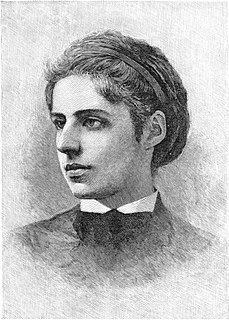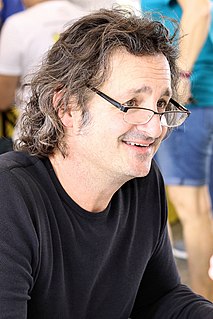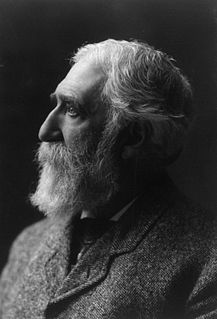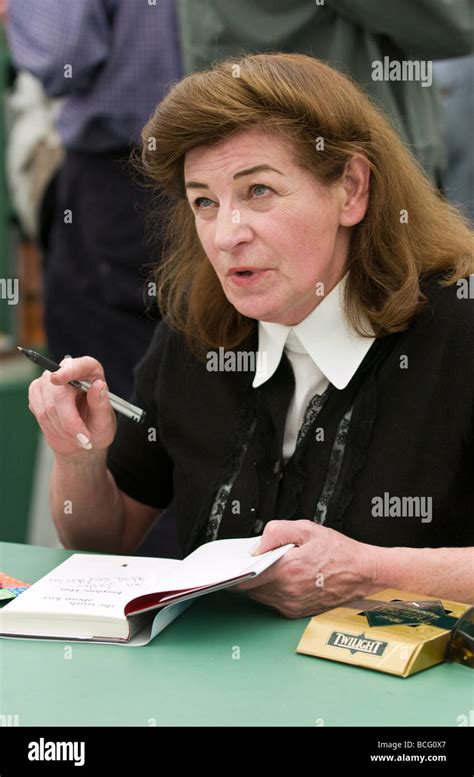A Quote by John Milton
Ornate rhetorick taught out of the rule of Plato.... To which poetry would be made subsequent, or indeed rather precedent, as being less suttle and fine, but more simple, sensuous, and passionate.
Related Quotes
If we are made in some degree for others, yet in a greater are we made for ourselves. It were contrary to feeling and indeed ridiculous to suppose that a man had less rights in himself than one of his neighbors, or indeed all of them put together. This would be slavery, and not that liberty which the bill of rights has made inviolable, and for the preservation of which our government has been charged.
For a lot of people, well-meaning teaching has made poetry seem arcane, difficult, a kind of brown-knotting medicine that might be good for you but doesn't taste so good. So I tried to make a collection of poetry that would be fun. And that would bring out poetry as an art, rather than the challenge to say smart things.
That is why I think, in defiance of Plato, that there is at once error and vulgarity in saying that poetry is a lie, except in the sense that Cocteau wrote one day: I am a lie who always tells the truth. The only poetry which lies purely and simply is academic, pseudo-classical, conceptually repetitive poetry, and it is not poetry.
Try vegetarianism and you will be surprised: meditation becomes far easier. Love becomes more subtle, loses its grossness — becomes more sensitive but less sensuous, becomes more prayerful and less sexual. And your body also starts taking on a different vibe. You become more graceful, softer, more feminine, less aggressive, more receptive.
It is hard to compare cultures without overgeneralizing, but I think a lot of American poetry has an assertiveness - an upbeat quality - that's less typical of Canadian poetry. Of course there are poets in both countries to whom that generalization does not apply. Speaking broadly, I'd describe Canadians as being a bit more reserved than Americans. Not less opinionated - just less direct.
Without touching my subject I want to come to the moment when, through pure concentration of seeing, the composed picture becomes more made than taken. Without a descriptive caption to justify its existence, it will speak for itself - less descriptive, more creative; less informative, more suggestive - less prose, more poetry.







































